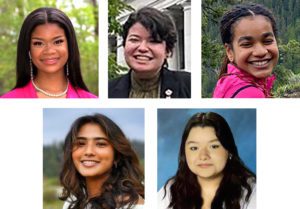Podcast – The Alliance of Innovative Educational Redesign (AIER)
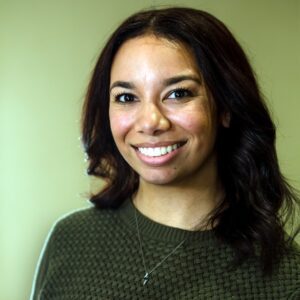 In our Putting Students First podcast, we interview policymakers, partners, and thought leaders to spotlight education policies, research, and practices so that together we can create a brighter future for every Washington student.
In our Putting Students First podcast, we interview policymakers, partners, and thought leaders to spotlight education policies, research, and practices so that together we can create a brighter future for every Washington student.
In this episode, League of Education Voters Spokane Regional Field Director Kenji Linane-Booey interviews Mike Poutiatine, Charlie Wolff, and Eric Jurasin of the Alliance of Innovative Educational Redesign (AIER) about the importance of choice school programs in the Spokane region and the School Choice Fair AIER is hosting on January 18th at The Hive.
Listen on Spotify, Apple Podcasts, Amazon Music, iHeartRadio, Google Podcasts, or Spreaker
Listen:
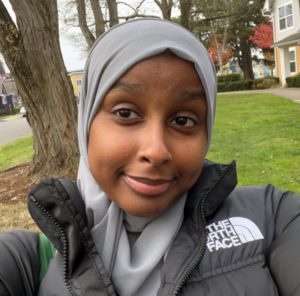 In our
In our 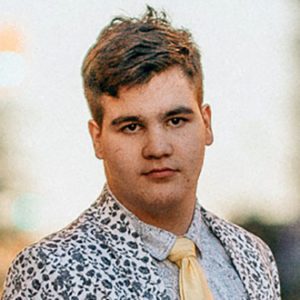 In our
In our 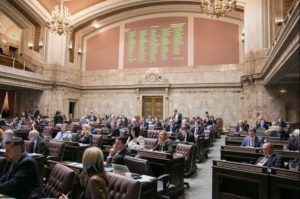 In the
In the 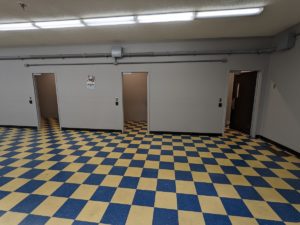 In our
In our 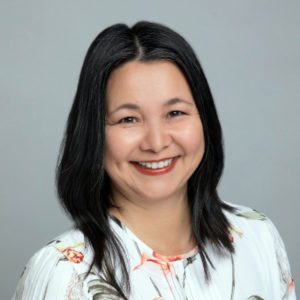 Washington Game Changers with Lauri Hennessey features leaders who give back to our community, drive innovative solutions, and inspire others in making our state more equitable and just. This podcast is a one-on-one conversation with these powerful leaders in a time when we need to hear about more good in the world.
Washington Game Changers with Lauri Hennessey features leaders who give back to our community, drive innovative solutions, and inspire others in making our state more equitable and just. This podcast is a one-on-one conversation with these powerful leaders in a time when we need to hear about more good in the world.